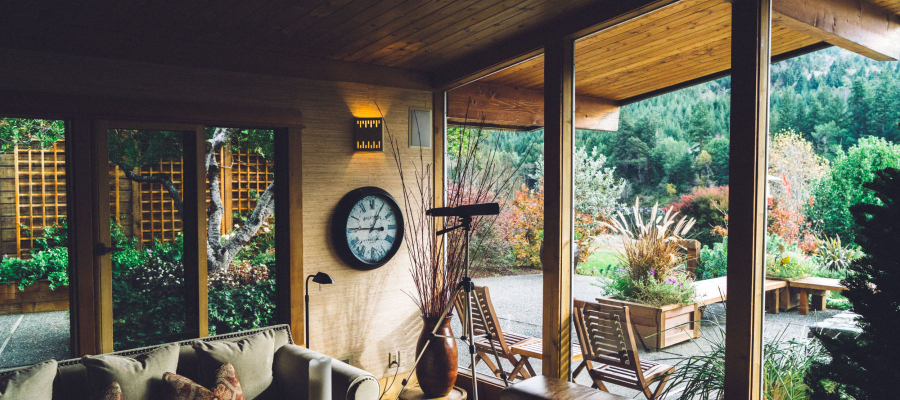
Airbnb is an online marketplace that enables people to list and rent rooms in their flat or home to travelers. Budget travelers choose Airbnb because it’s usually cheaper than a hotel and gives them an opportunity to know local culture by staying with local people. With more than one million listings in almost every country in the world, Airbnb shows no sign of slowing down. More and more people sign up to become an Airbnb host/guest and take advantage of Airbnb’s unique platform to rent out their properties and earn extra income or join a new group of world travelers who want to feel “belong anywhere.”
I used Airbnb as both a host and a guest for a couple of years and can say that the overall experience was good for me. However, like all other forms of accommodation, Airbnb has its advantage and disadvantage which first-time Airbnbers should know to get an idea what will be in store for them.

Accommodation is one of the biggest travel expenses for budget travelers. The cost inflates if you bring the hotel into the picture, so budget-conscious travelers opt for cheaper alternatives like hosteling, Couchsurfing, or Airbnb. However, there are situations when you want the privacy, comfort, and services available only in a hotel environment and don’t care much about socializing with other people or living with the local people, staying in a hotel is the way to go.
Hotels can be very affordable when you find good online deals. Rates are not the only factors. You want to also consider other factors like the hotel location, neighborhood, transportation, available amenities, and extra services available at the hotel, etc. Here are some tips to help you save on hotel for your trip.

Prague might not be the place you come to find good food. However, if you crave exceptional Vietnamese food in Prague and love to go off the tourist map, then you should visit Sapa, the largest Vietnamese market Prague.
Be prepared for a culture shock. Once you enter Sapa, you feel that you’re no longer in an EU country. Sapa’s rundown and unkempt appearance might make some of you feel unsafe, but there’s more to the market than the crappy environment that will be yours for the next hours.
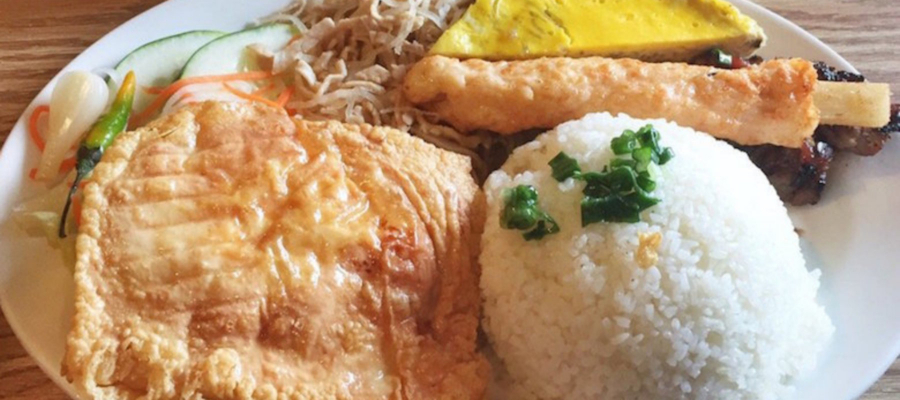
Originally submitted by Tam Vu, a foodie who knows the best places to eat the best Vietnamese food in San Jose and surrounding cities.
After many years blogging about my traveling, I realized I rarely if not at all wrote about Vietnam. I guess, I consider traveling as visiting/knowing some place/thing new and different. While I crave and rant about the most mundane things happening the other cultures, I don’t find it’s worth to talk about what going on where I am. You may feel the same.

 I’ll show you a very easy simple way to track your travel expense (cash only) while you’re hopping around the world.
I’ll show you a very easy simple way to track your travel expense (cash only) while you’re hopping around the world.
First, create an excel sheet like below. The sheet should have 3 mandatory columns: description of the expense item, amount spent and current balance. You can create additional columns to keep track whatever else you want. I’m using my one-month travel expense in Russia as example. (I’ll share with you then entire sheet at the end of the post.)

 Living in Prague and traveling in Europe have gotten me “addicted” to the coffee and sitting-down culture. I developed a new habit to find small cosy cafés to work or socialize with others.
Living in Prague and traveling in Europe have gotten me “addicted” to the coffee and sitting-down culture. I developed a new habit to find small cosy cafés to work or socialize with others.
I’m sure there are many of us who prefer to work in a more unstructured environment different from our everyday’s cubicle station. This goes especially for creative people who need a sanctuary, a nurturing place to boost their creativity, not merely a place to work.
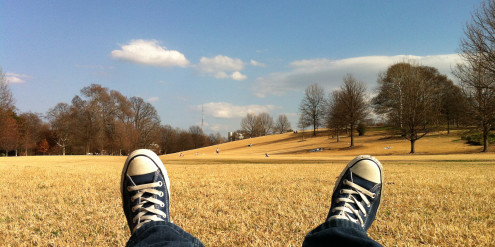
I met all kinds of people when I traveled: crazy, funny, boring, eccentric, normal, young, old, black, white , brown… However, the long-term travelers all tend of fall into three categories.
If you want to travel long-term, let say at least 6 months, you need to become one of them.
1 Stingy Saver Spender
 Sound like a fender-bender (minor car accident) isn’t it ? Sorry for the name as I couldn’t come up with anything more elegant. This term is self-explanatory. If you are a saver-spender, you saved, saved and saved to spend, spend, and spend. You are probably conservative in how you use money, thus a saver, in order to prepare for the more fulfilling life as a spender :-). You don’t generate income while traveling, therefore need a bigger saving account and spend as little as possible on the road, sniffing for deals, cheaper and free alternatives.
Sound like a fender-bender (minor car accident) isn’t it ? Sorry for the name as I couldn’t come up with anything more elegant. This term is self-explanatory. If you are a saver-spender, you saved, saved and saved to spend, spend, and spend. You are probably conservative in how you use money, thus a saver, in order to prepare for the more fulfilling life as a spender :-). You don’t generate income while traveling, therefore need a bigger saving account and spend as little as possible on the road, sniffing for deals, cheaper and free alternatives.
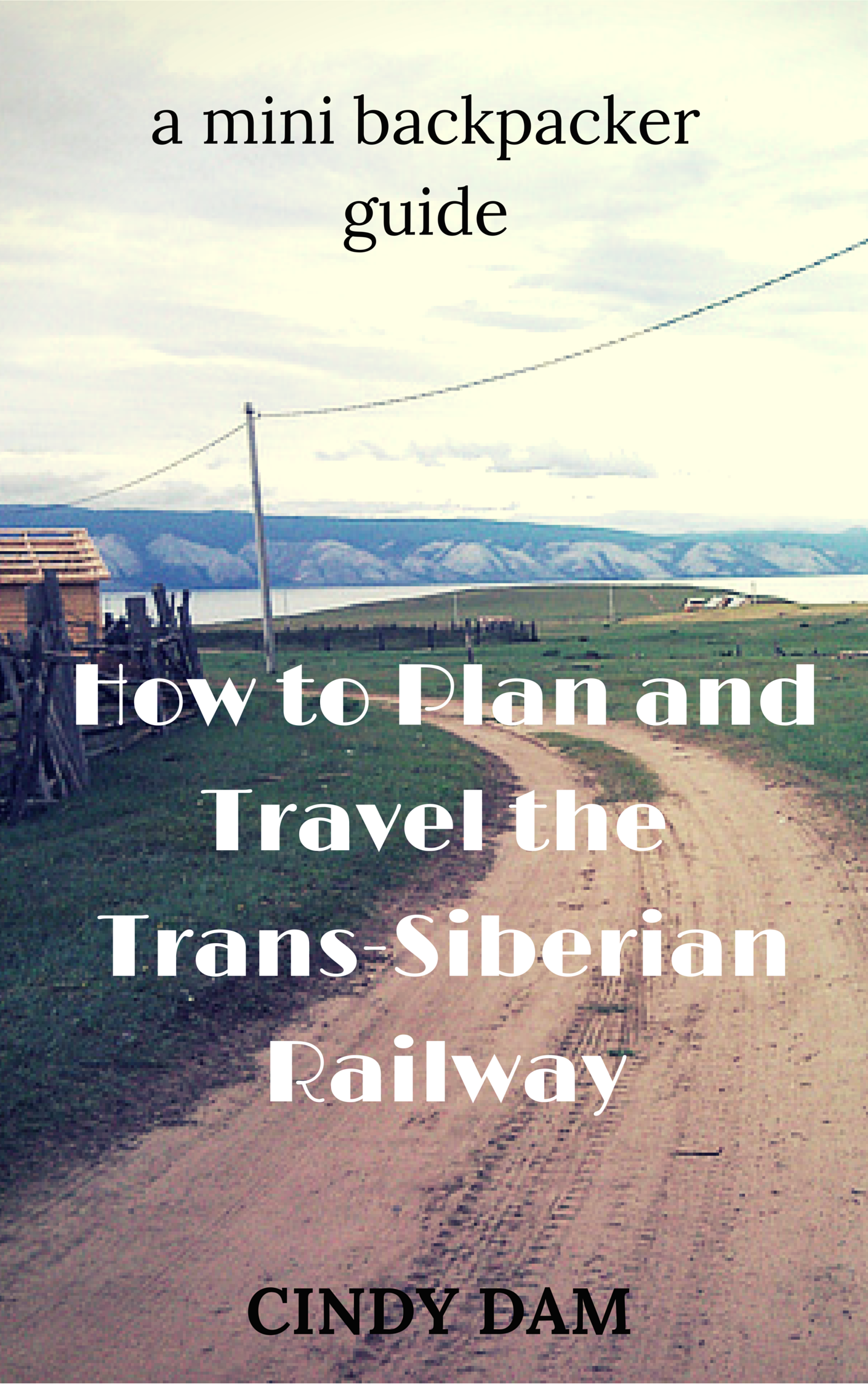
Traveling on the Trans-Siberian trains through the longest rail track in the world is an experience of a lifetime. Everybody has heard of the word Siberia, but only some have an idea where it is, and only a few want to get there.
Siberia is more of a concept than a place, unless you live there. Some might imagine danger when they think of Siberia. After all, Siberia is a former hang-out for exiles and convicts, an ice-cold place in a remote part of communist Russia full of Russian mafias.
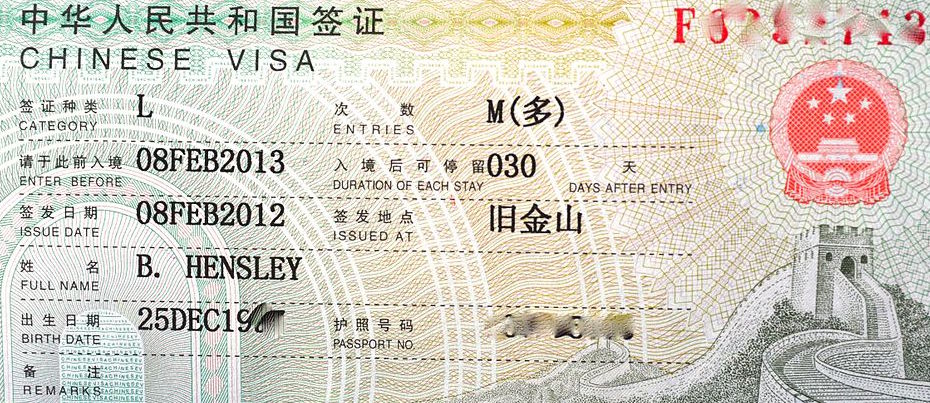
— Update 7 Sep, 2016 —
Thanks a blog reader who informed us about the change of the visa process. As of the end of August 2016, the embassy is not giving visas to foreigners not residents in Mongolia. There is a lof of people with interrupted travel plans wandering about Ulaanbaatar. They even canceled visas of some Swiss women who had already been granted the visas but had been out on a tour and didn’t collect them in time. No nationalities are getting visas – we’ve talked to Americans, French, Swiss, Italian, Israeli, and we’re Dutch. Be aware of that before coming and don’t plan on getting your visa here for the next little while at least. No one is quite sure why they’ve changed. Apparently, it’s also affecting other regional offices (such as Korea, Vietnam, and Hong Kong) so get very recent information before making plans.
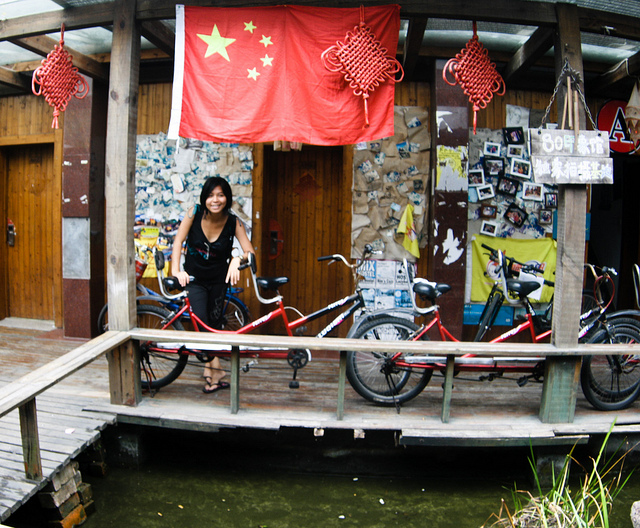
In 1909, Richard Schirrmann, a German teacher, took his students on an organized school trip around the country. They got caught up in a storm and had to find refuge in an empty school building. A simple idea, not the lightning, struck Schirman. He saw a possibility to bring affordable accommodation to students and young people by letting them stay in dormitories when schools were not in session. Three years later Schirman started the world’s first youth hostel. Neighboring countries caught on to the new idea. In 1932, delegations from Austria, Belgium, Czechoslovakia, Denmark, France, Netherlands, Norway, Poland, Switzerland, and UK established the Internal Youth Hostel Federation. The Americans joined a year later. And today as you look around, hostels are everywhere around the world.